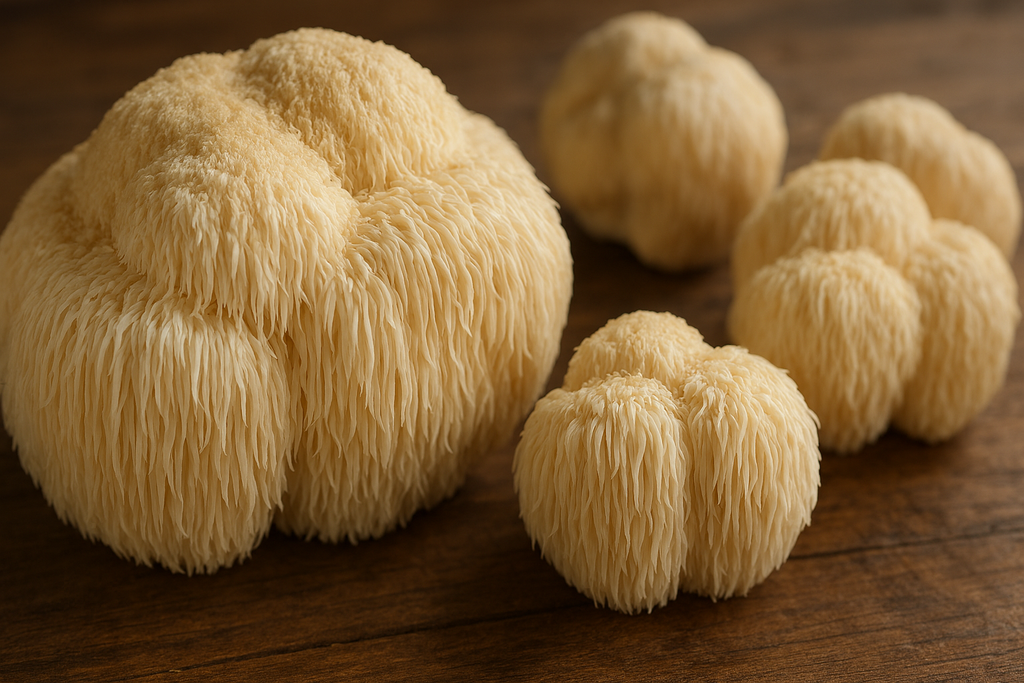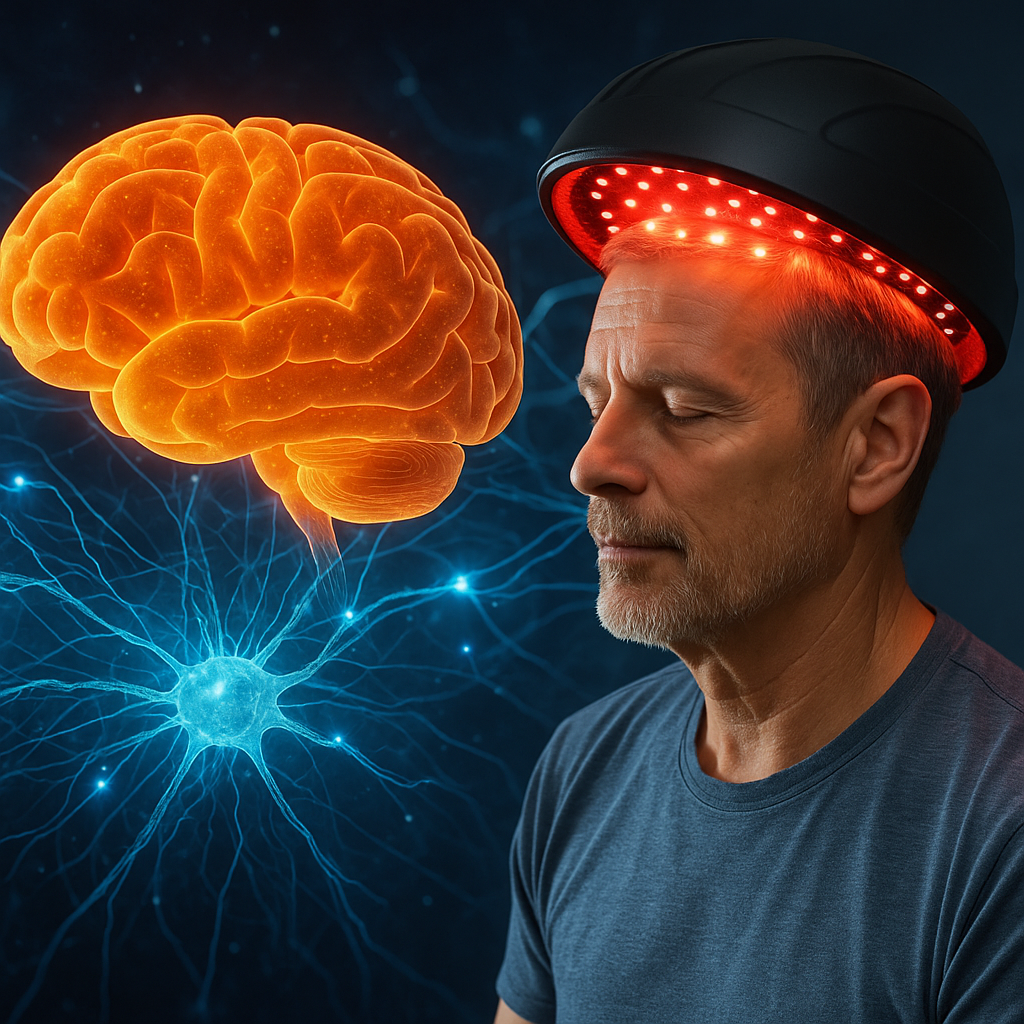News — neurodegenerative disease
Lion’s Mane Mushroom and Nerve Regeneration: What the Research Reveals
Alzheimer’s natural support brain plasticity cognitive health erinacines hericenones Lion’s Mane mushroom medicinal mushrooms memory support mushroom supplements mycelium vs fruiting body natural nootropics nerve regeneration nerve repair neurodegenerative disease neurogenesis neuropathy support neuroprotection neurotrophic factors NGF stimulation Parkinson’s mushroom research
In the world of medicinal mushrooms, Lion’s Mane (Hericium erinaceus) has carved out a reputation not just as a culinary delicacy but as a powerful brain and nerve tonic. Known for its cascading white spines that resemble a lion’s mane, this mushroom has been used in traditional Chinese and Japanese medicine for centuries to support cognitive health, digestion, and vitality.
Modern science has taken particular interest in Lion’s Mane because of its potential role in nerve regeneration. Compounds found in the mushroom, such as hericenones and erinacines, appear to stimulate nerve growth factor (NGF), a protein essential for the growth and repair of neurons. With neurodegenerative diseases and cognitive decline on the rise, the possibility that a natural food could support nerve repair is nothing short of captivating. In this article, we’ll dive into the research on Lion’s Mane and nerve regeneration, explore the evidence behind its claims, and separate scientific promise from speculation.
How Photobiomodulation Therapy Supports Neurorehabilitation
ATP production brain healing brain inflammation brain injury recovery cognitive recovery light therapy brain LLLT low-level laser therapy mitochondrial healing neurodegenerative disease neuroplasticity neurorehabilitation neurotherapy PBM safety PBM therapy photobiomodulation red light therapy stroke rehabilitation transcranial laser therapy traumatic brain injury
Advances in neurological rehabilitation have taken a promising turn with the growing integration of light-based therapies, particularly photobiomodulation (PBM), also known as low-level laser therapy (LLLT). This non-invasive approach uses specific wavelengths of light to stimulate cellular repair, reduce inflammation, and enhance neuroplasticity—making it a novel tool in the recovery process for those with brain injuries, neurodegenerative diseases, and other neurological conditions.
By harnessing the power of red and near-infrared light, PBM can penetrate the skull and deliver energy directly to neurons and glial cells. Unlike surgical or pharmaceutical interventions, PBM works by modulating mitochondrial activity and cellular signaling pathways, facilitating a wide range of therapeutic outcomes. This article explores how photobiomodulation is transforming the landscape of neurorehabilitation, what the research says, and how it can be applied in clinical and home settings.
Managing Balance and Eye Problems in Progressive Supranuclear Palsy (PSP)
brainstem disorders eye coordination problems fall prevention PSP LongLifeNutri brain support managing PSP neurodegenerative disease neurological conditions progressive supranuclear palsy PSP balance problems PSP caregiver tips PSP diagnosis PSP eye movement PSP nutrition support PSP physical therapy PSP supplements PSP symptoms PSP treatment PSP vertical gaze palsy PSP vision therapy visual impairments in PSP
Progressive Supranuclear Palsy (PSP) is a rare neurodegenerative disorder that often mimics Parkinson’s disease in its early stages but brings its own unique set of challenges—particularly related to balance and eye movement. People with PSP may experience frequent falls, difficulty looking up or down, and blurred or double vision. These symptoms not only affect mobility but also independence, safety, and overall quality of life.
Understanding how PSP impacts balance and eye coordination is the first step toward improving symptom management. While there is currently no cure, targeted therapies, practical adaptations, and nutritional support can help slow progression and enhance daily functioning. In this comprehensive guide, we’ll explore the causes behind PSP-related motor and visual issues and offer actionable solutions to help patients and caregivers alike navigate the condition with greater confidence.



